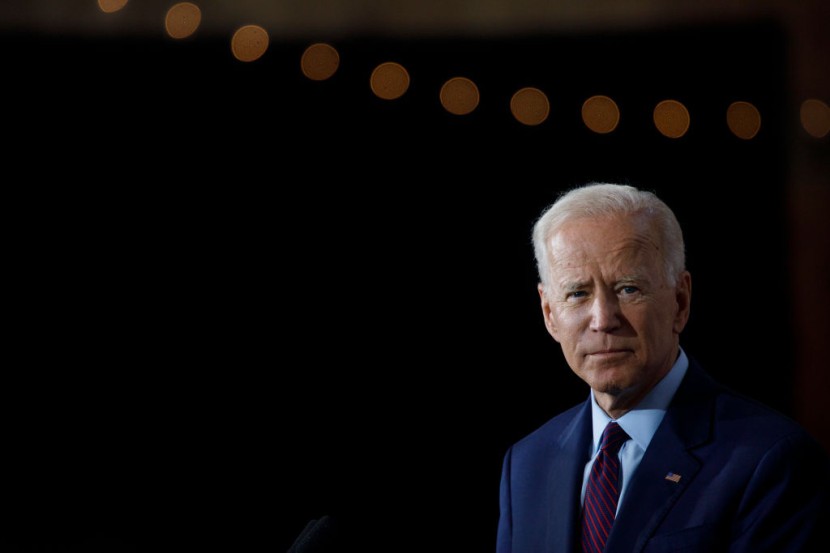
The United States Treasury Department made the last of the monthly child tax credit payment distribution under U.S. President Joe Biden's coronavirus relief law, which will not be continued unless Congress acts quickly to extend the financial support.
On Wednesday. American agencies distributed more than $16 in child tax credit payments to various households of roughly 61 million children, said the Treasury Department. The monthly payments began in July and have since distributed roughly $93 billion in payments to American families.
Child Tax Credit
In a statement, Treasury Secretary Janet Yellen said that monthly payments of the child tax credit have helped American families pay for necessities such as food, childcare, and other needs since July. She said that the financial support has helped improve the lives of tens of millions of children across the United States, MSN reported.
One of the changes in the new child tax credit payment this year is that it was increased from $2,000 per child to as much as $3,600 per child. Additionally, families who do not typically file a tax return because they have low income will also be included in the payments for the first time in history. Authorities also made half of the value of the credit advanceable in six monthly payments.
December is the last month that families can expect to receive payments from the monthly child tax credit. This will not change unless Congress extends the financial support to run through next year. While Democrats included a one-year extension of the enhanced child tax credit in Biden's Build Back Better bill, which was passed by the House, there was little hope that it would make it through the Senate before January.
If American lawmakers do not renew the changes, the overall credit size of the child tax credit will go down by nearly $1,000 per school-aged child and $1,600 per child six years and younger. The reversal would also exclude lowest-income families from getting financial support once again, CNBC reported.
Extension of Monthly Payments
The Democrats' $1.9 trillion spending bill that aims to extend the monthly payments also faces opposition from Democratic Sen. Joe Manchin of West Virginia. The official has expressed concerns about the sweeping safety net enhancements' cost.
A source briefed on Manchin's conversations with President Biden said that the West Virginia senator wants to remove the child tax credit from the bill. However, the Democratic leader does not want to comply with the demand.
To ensure that mid-January payments are distributed on time, the IRS advised Congress that they need to pass the package by Dec. 28. The situation was detailed last week by the chair of the Senate Finance Committee, Oregon Sen. Ron Wyden.
However, even if the bill was approved, there will be fewer families who will be eligible to receive monthly distributions of the expanded child tax credit next year. The latest iteration of the spending package details that only joint filers who are earning less than $150,000 per year and heads of households earning less than $112,500 annually will be eligible for the payments, CNN reported.
Related Article:
© 2025 HNGN, All rights reserved. Do not reproduce without permission.








